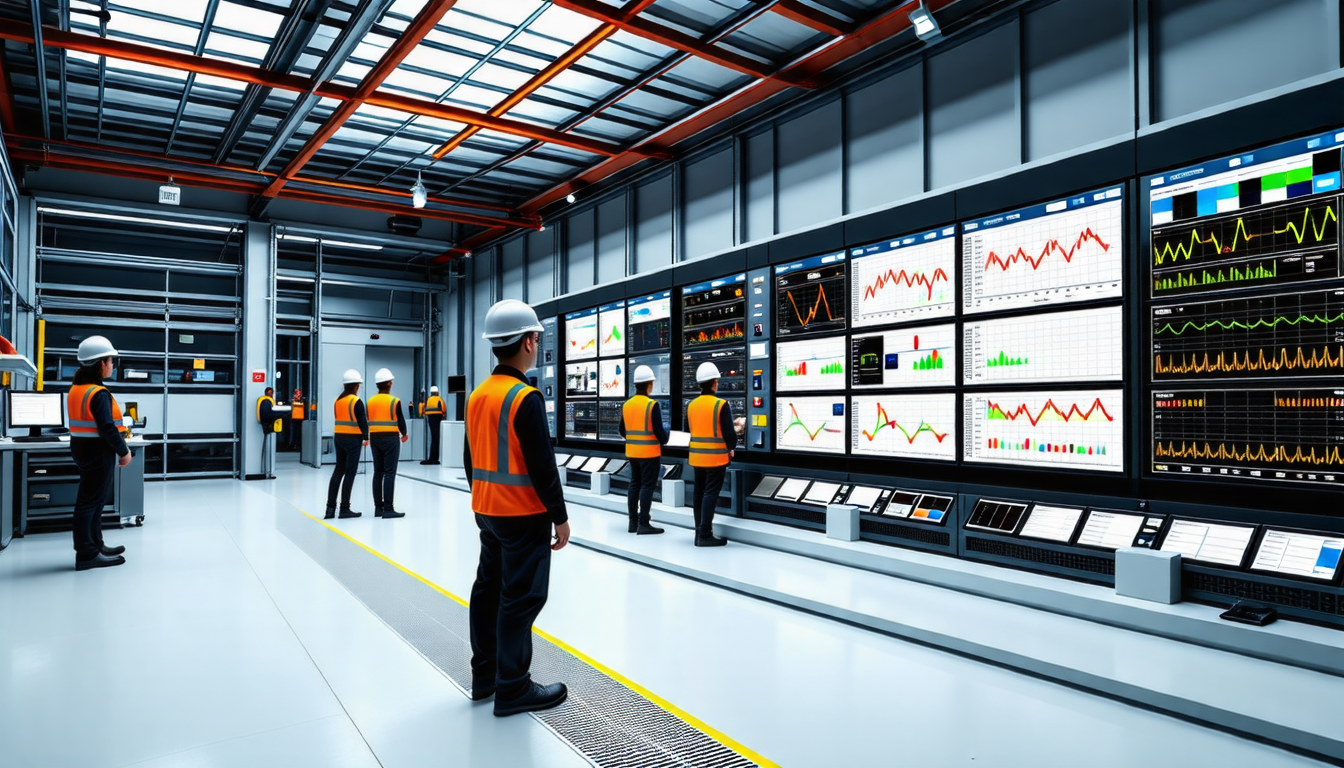|
IN BRIEF
|
Understanding the certifications associated with Mitsubishi Electric solar solutions is crucial for anyone looking to invest in reliable and efficient renewable energy technologies. Certifications act as a benchmark for quality, ensuring that the solar products meet specific performance and safety standards. Mitsubishi Electric adheres to stringent international certifications, such as IEC 61215, which evaluates the longevity and efficiency of their solar panels under various environmental conditions. Furthermore, familiarity with the certification process facilitates informed decision-making for potential buyers, helping them identify high-quality solar products. By comprehending these standards, stakeholders can appreciate the advancements in solar technology that Mitsubishi Electric offers, reinforcing the commitment to delivering sustainable energy solutions for residential and commercial applications.
The realm of solar energy is replete with technical specifications and standards that aim to ensure the efficiency, safety, and reliability of solar products. When considering Mitsubishi Electric solar solutions, understanding the associated certifications is crucial for both consumers and professionals in the solar industry. These certifications not only foster confidence in the product quality but also help distinguish high-performing systems in a market laden with options.
Community outreach
Community outreach initiatives are another way Mitsubishi Electric works to empower consumers. By engaging with local communities, the company raises awareness of solar certification benefits and their role in promoting high-quality, sustainable energy solutions. Building trust through education plays a critical role in furthering the adoption of solar technologies.
Key certifications for Mitsubishi Electric solar solutions
Mitsubishi Electric solar panels benefit from a range of certifications that emphasize their quality and reliability. This section focuses on the key certifications and what they entail, providing insights into their importance in evaluating solar products.
IEC 61215
The IEC 61215 standard is paramount for crystalline silicon solar panels. It evaluates performance, reliability, and durability over time. Through rigorous testing, such as thermal cycling and humidity-freeze tests, Mitsubishi Electric ensures their panels meet or exceed the requirements. This certification reassures customers that the panels can withstand varying weather conditions over their expected lifespan.
Understanding the certifications associated with Mitsubishi Electric solar solutions is paramount for ensuring that these systems meet the highest standards of quality and performance. Certifications such as IEC 61215 play a critical role in validating the effectiveness of the solar panels, particularly under varying environmental conditions. Additionally, adherence to industry standards translates to long-term reliability and sustainability, assuring users of their investment’s value. By recognizing the significance of these certifications, potential buyers can make informed decisions and select products that are not only efficient but also align with their sustainability goals. This knowledge empowers consumers to harness solar energy more effectively.
Frequently Asked Questions about Mitsubishi Electric Solar Solutions Certifications
What are the key components of a Mitsubishi Electric photovoltaic system? Understanding the key components is crucial to maximize performance and ensure long-term efficiency. A typical system includes solar panels, inverters, energy storage solutions, and monitoring systems.
How do solar panels convert sunlight into electricity? The solar panels utilize silicon cells to transform solar radiation into electricity, playing a critical role in the photovoltaic system.
What important certifications are associated with solar panels? Certifications such as IEC 61215 are vital, as they reinforce the reliability and efficiency of solar energy solutions by assessing performance based on temperature coefficient standards.
How can I identify high-quality solar panels? Identifying high-quality panels involves examining the tests and certifications that verify their performance, durability, and reliability. Look for panels that have undergone rigorous testing.
Why are certifications and qualifications important in solar energy? These standards ensure the safety and efficiency of solar installations while contributing to the overall reliability and sustainability of solar energy systems.
How should I maintain my Mitsubishi Electric solar panels? Regular maintenance is crucial for optimal performance and longevity. Cleaning your panels is an essential step, ideally performed 1-2 times a year, depending on conditions.
What are the efficiency and durability benefits of Mitsubishi Electric solar panels? Mitsubishi Electric panels offer an efficiency range of 16.3% to 16.9% and come with a 25-year limited warranty on power output, making them a durable and cost-effective choice.
What is the NABCEP PV Installation Professional Certification? This certification focuses on the installation aspects of solar energy systems, ensuring professionals are equipped with practical knowledge for implementing solar solutions effectively.
How can I start a career in solar energy? Understanding the available certifications and training programs is your first step to success in solar installation, design, or project management.
